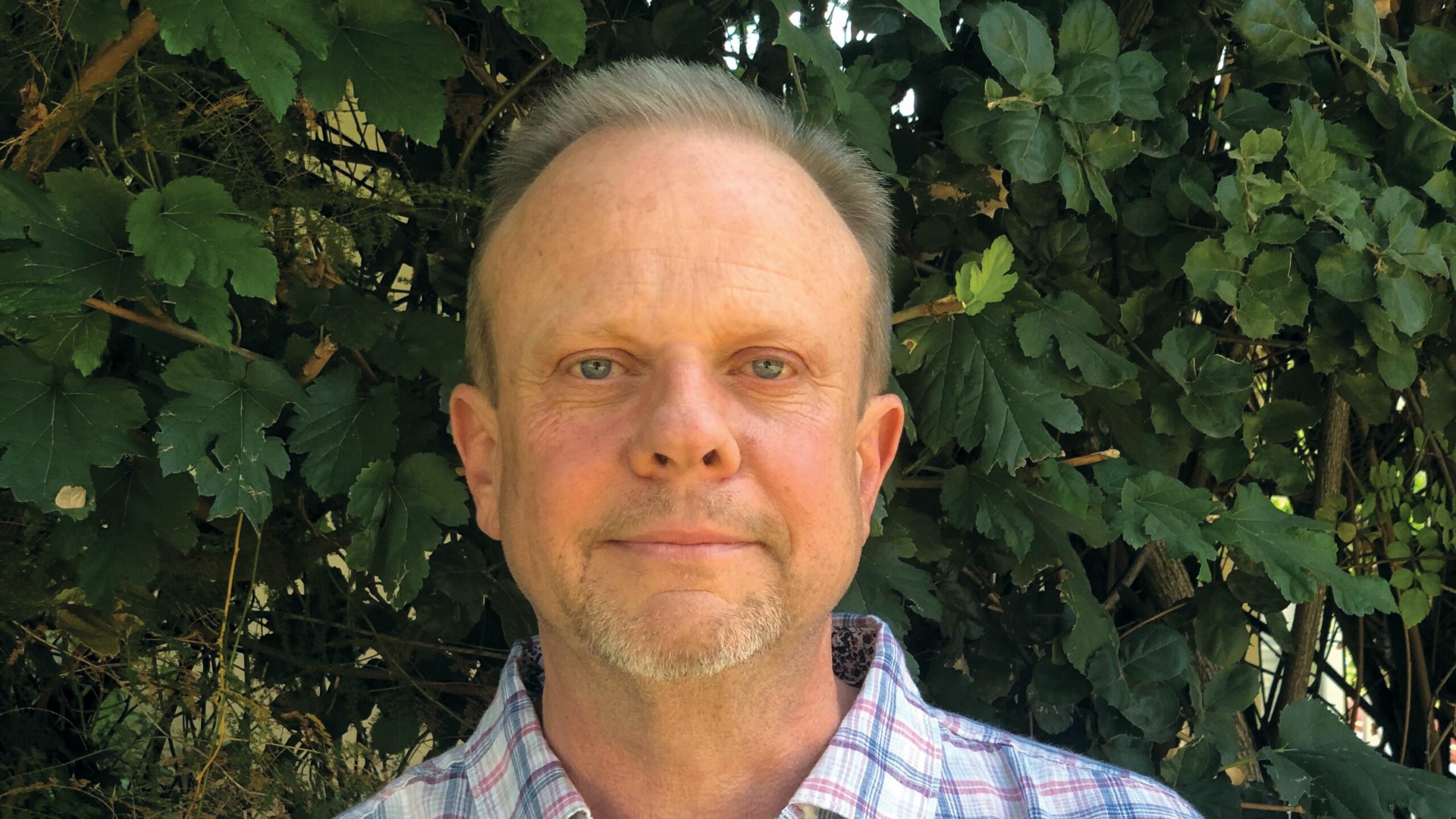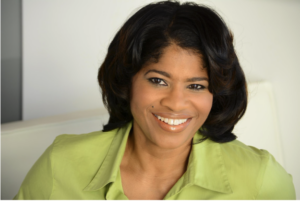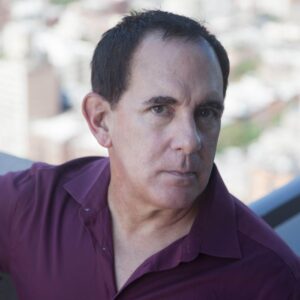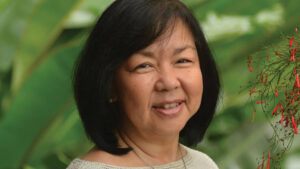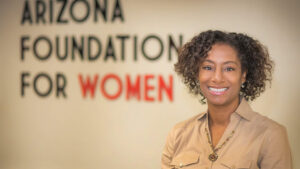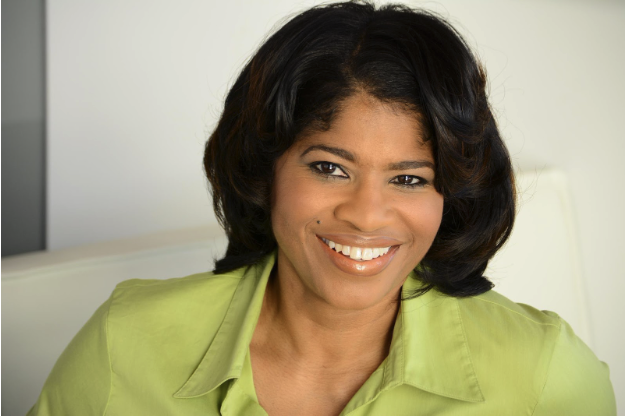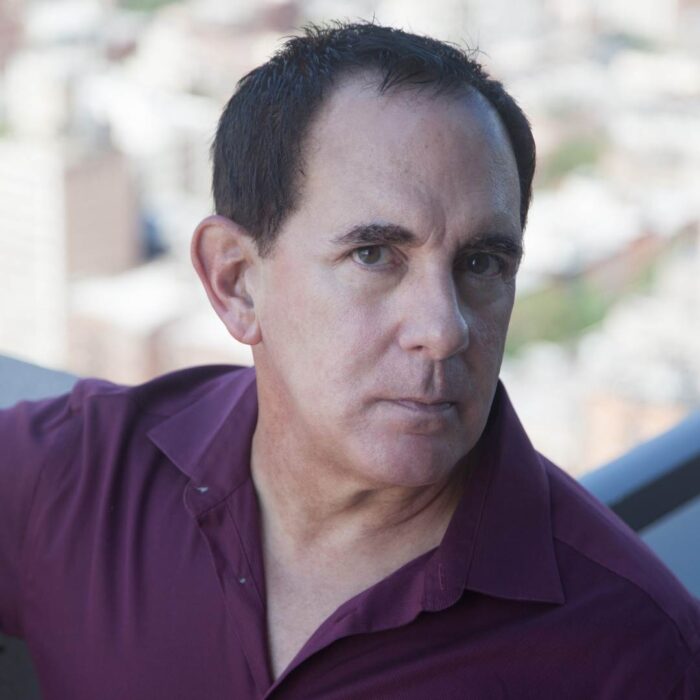An Interview with Kat Mische Elle
Michael, where are you from?
I am the third generation born and raised in Los Angeles. My family began residing in San Francisco, California during the 1700s in a town called Dixon.
How did you end up on the path to Hollywood?
My grandmother and grandfather were in the entertainment industry from the 1940s through the 1980s. My grandmother, Jean Dexter, had her first role when she was cast as the murdered model in the 1948 movie Naked City, directed by Jules Dassin. My grandfather, Hollis Bane but was known by his Hollywood name Mike Ragan.
He was very well known for his recurring roles in many western television shows such as Bonanza, Gun Smoke, and The Dalton Brothers, usually playing the part of the villain.
One day my grandfather went into the makeup department while he was on set and decided to change his career to become one of the heads of makeup at Universal Studios. He did the makeup for the cast members for Welcome Back Carter, and Barney Miller to start, and then worked on many of the shows during that era of the 70s. He then finished his career as Richard Dawson’s makeup artist for all the years of the show, Family Feud.
My uncle was also an animator and then a director at Disney for Animation and worked on Peter Pan and Pinocchio. We still have some of the models he made in my house.
I saw my family’s work growing up around this environment and I was happily influenced. I tried my hand at being a child actor and I was given a few small parts in Gun Smoke. Then when I was 16, I was cast as one of the high school students in Fast Times at Ridgemont High. It was the last of my acting career. I didn’t want to act. I wanted to be behind the camera. I had an 8mm camera and I would go out and shoot mini films for fun with my friends. I was more interested in spending time with people who were directing and wanted to understand more about what they were doing.
What was your first inspiration for your film-creating journey?
For as long as I can remember, I wanted to be involved with films and television. It surrounded my world, and I quickly connected to it by spending a lot of time with my grandparents. From my earliest age, I watched a lot of television. But I wasn’t just watching it to zone out to it, I was always inspired by watching the stories unfold on the screen, and I would say to myself, “I want to be a part of that. I want to tell a story.”
Now that I look back on it, so my many hours of sitting in front of the television were more like observing and taking mental notes on how to build my future craft in producing shows.
I watched TV all day and all night. I remember staying up late with my grandmother and watching the Late, Late Show when I was young.
When I graduated high school, I got a summer job at Universal Studios’ mailroom. When the other employees would leave for lunch, I stayed back at the office and read the interoffice memorandums that I was taking from production to production.
I befriended many receptionists throughout the building while I was there, and with this connection, I was eventually suggested to producers for different temporary positions like Production Assistant jobs.
This opened new avenues for me. I got to work behind the scenes on amazing stories being created and filmed.
And on one of those jobs, I met Spielberg and many very cool people. I was getting to spend time with some of the greatest history storytellers of film! I became even more driven by what I wanted to do.
I was accepted to USC law school and had plans to begin my studies after the summer job ended. Before my first semester started, one of the assistants from Universal Studios called me and said that she was working on a show named Coach and that they were going to start up another show called Delta. She mentioned that she could get me a job interview as a PA if I were interested.
She couldn’t promise me anything, but she could get me an interview, and I said, “I would do anything; that would be awesome.”
I went to the interview, and I was hired as a part of the crew.
Now into the late 1980s, I began filming and producing my own Public Service Announcements to help bring awareness to the subject of AIDS. MTV picked up my PSA film and aired it. This was my first established production.
What did you gain from achieving this?
I now had a better understanding of what the landscape was in this entertainment world with storytelling—learning the difference between visual storytelling as opposed to shooting people in the master of saying words.
Understanding what the camera needs to feel from what the dialogue is saying.
That was like the indoctrination into the melding of what the actor is saying and why they’re saying it, how they’re saying it, how the camera is receiving it, how you are receiving it, and why you’re shooting it.
I was officially submerged in the learning process to move forward with this career.
When did you start producing for Chuck Lorre?
I started working for Chuck Lorre, a television producer known as “The King of Sitcoms” on the show Dharma and Greg in 1997.
Chuck called me one day when he had gotten Two and a Half Men up and going and said he wanted me to come to take over.
I first told him I couldn’t leave the current projects I was committed to filming, but I said I would come to see if I could help.
Chuck wasn’t happy with the direction of the production and asked me to help with facilitating the changes he wanted.
I came over to fully produce the show in the second year, and the show took off and became a tremendous success. Then as Two and a Half Men was going, Chuck said, “I want to do a show called The Big Bang Theory. I want you to look at the script and tell me what you think production-wise.”
After CBS agreed on the cast, we table read the next day (which is when everybody comes into the studio with the network to do a table read of the show, and the cast reads the play. Then the network goes into another room to discuss amongst themselves what notes should be given to help the story.) When they came back, things did not go according to plan.
We eventually shot the first pilot for The Big Bang Theory, which tested great for the story of the show but not as successful for the cast. The CBS executive said, “You know what, we usually don’t do this, but let’s wait and do it again next pilot season when there’s a more extensive list of actors we can choose from.”
With the second BBT pilot, the show’s design changed to take place in Pasadena and become more colorful.
The first version had a darker set, grey skies, and brown earth tones, and the scene was set in New Jersey in the Princeton area.
Chuck wanted to change it and brighten it up like he did with Two and a Half Men.
How long did the shows run?
They each ran for twelve years.
I helped produce a few more shows after those, and then beginning this year, I have started creating incredible independent adventures outside of the studios.
Where else are your ambitions leading you with this new paradigm of yours?
The path is limitless with being able to control intellectual property and independently do what I want to do with it.
I have partnered with some friends on a couple of great Docuseries that are in the works and almost ready to show.
One is called The Hood. It’s with Malik Yusef. Malik is a multiple Grammy winner for artists such as Jay Z, Beyoncé, Kanye, and Rihanna.
This Docu-series will be about the youth in the Southside of Chicago in a mentorship program with these artists.
The series is about giving talented inner-city youths who are unrecognized in challenging situations an opportunity to be acknowledged and given a breakout opportunity for a better situation in life.
I also have two Horror projects in the queue. I’m excited to explore these more because Horror, Action, Adventure, and Thriller films travel across international territories well. And Mark Berg, who created Saw, is a friend of mine and will come aboard when we get it rolling to help put them more into shape.
I’m looking forward to what is next to come! I feel pretty lucky.
Well, let me shift that. I believe that luck is where chance meets opportunity.
I trust my instinct. I always have. From the moment I told my parents I was not going to law school so I could take a $300-a week-job as a PA and trusted my decision. And I have never been a day out of work ever since.
Intuition and respect, they are the key elements to success.
The biggest thing that has benefited my career is that I know what everybody’s job is on that set when in production. I know when they’re doing it right, and I know when they’re doing it wrong.
Because you have worked all of the production positions?
Yes, and I understand them. So, nobody can bulls**t me. And the difference is this. It doesn’t matter if it’s correct or not. If it doesn’t look right, that’s the only thing that matters.
Because you’re not going to put a disclaimer up on the television screen saying, “Even though this doesn’t look right, it’s correct.”
I believe that we come into this world 50% of us, and 50% is the environment we absorb.
Who have you modeled yourself after?
My grandmother for sure. I was blessed to have spent so much time with her.
And, I am going to tell you honestly, I think it’s the characters in the television shows I watched as a kid. I wanted to try to be like them. The shows in the 70s represented a man being honorable and courageous. I admired what they portrayed.
Also, working and seeing Steven Spielberg shoot when I was at Universal Studios. But I would primarily say Chuck Lorre since I have spent most of the past 25 years with him.
Is there a particular scene of a show or movie that stays with you?
I feel connected with a conversation in the movie Wall Street. It’s the scene where Michael Douglas, as Gordon Gekko says, “Man looks in the abyss, sees nothing staring back at him. Man finds his character, which keeps him out of the abyss.” This is what I tell my kids for advice.
Who inspires you?
Absolutely my mother. My mother drove me to all my auditions and to every shift at my summer job in the mailroom. She was very accepting of my decision not to pursue law school and she came to every single one of my shows. She has supported me her entire life.
I wouldn’t be the man I am today without her love, support, and guidance.
How do we find you and keep up with your new projects?
The best place is at imdb.com.

